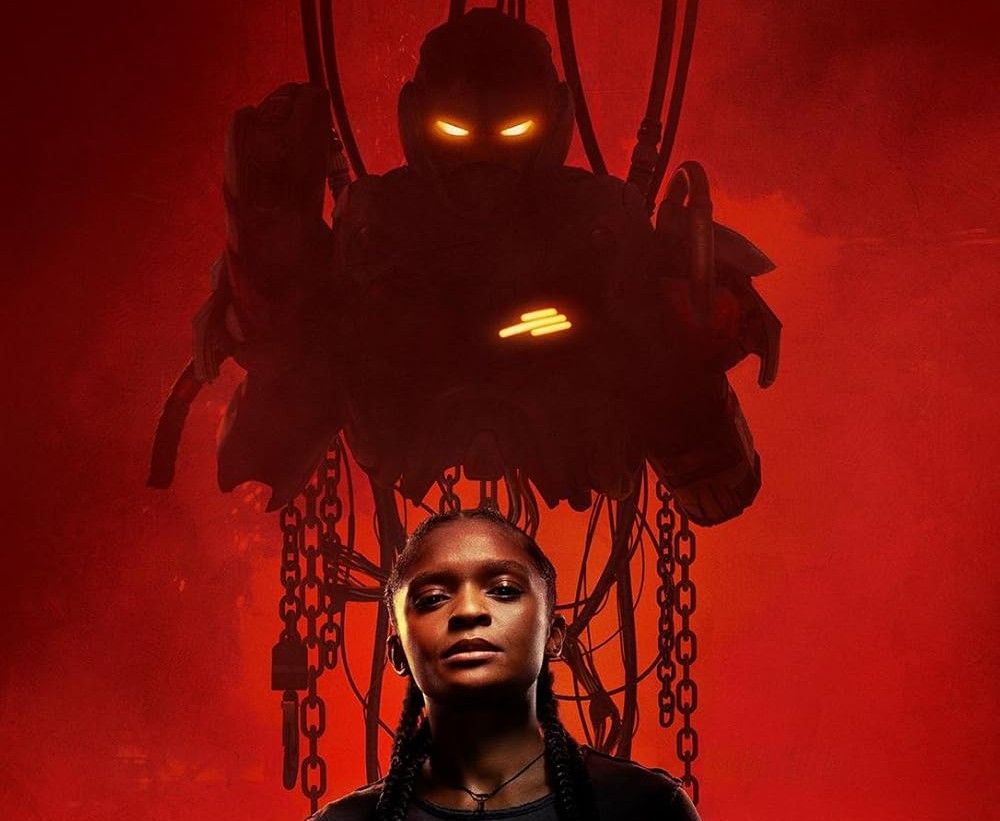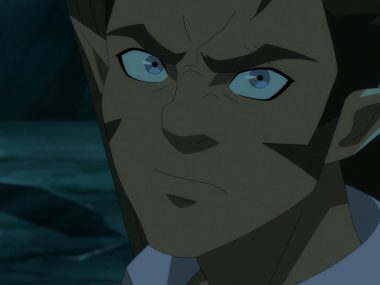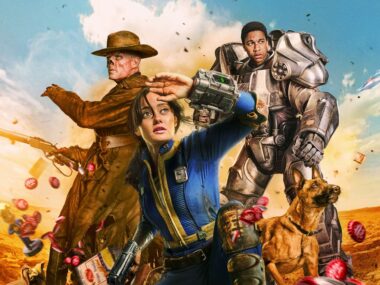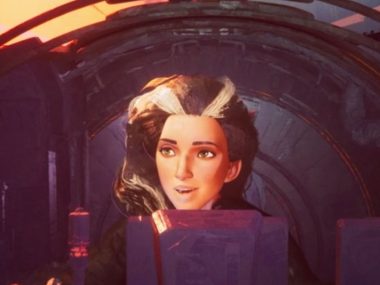When Riri Williams made her MCU debut in Black Panther: Wakanda Forever, she was sharp, a little arrogant, yet full of potential. A teen genius with a defiant streak, she held her own alongside Shuri and the Dora Milaje thanks to her intellect. She built her own Iron Man-style suit in a garage and took to the skies. You walked out of that theater thinking, “This girl’s going places.”
Fast forward to her own miniseries Ironheart, and that version of Riri feels like a distant memory.
Is This Really the Riri Williams We Met in Wakanda?
Instead of continuing her arc from Wakanda Forever, Marvel hit the reset button. The brilliant, slightly cocky inventor has been rewritten as someone impulsive, reckless, and, even deeply unlikable. She gets kicked out of MIT after she’s caught making a business out of completing assignments for other students. She joins a gang of thieves targeting unethical companies to fund building another suit.
Marvel brings up her difficult upbringing to make Riri more sympathetic. She witnessed the deaths of her stepfather and best friend in a drive-by shooting and is still suffering from the trauma that incident inflicted. But this attempt falls on its feet because the writers keep downplaying Riri’s redeeming qualities while dialing her worst character traits to eleven.
Viewers aren’t just noticing the shift, they’re calling it out. Reactions from viewers have been unforgiving towards the show while reviews from critics’ range from being mixed to positive.
A Backwards Arc in a Forward-Facing Franchise
It would’ve made sense to pick up where Wakanda Forever left off: Riri returning to MIT, balancing her genius while the government keeps a close eye on her. Maybe she could’ve been recruited to help design next-gen tech for the New Avengers. There were clear narrative doors wide open. Instead, Marvel decided to close all of them.
In Ironheart, Riri’s no longer the promising prodigy shaped by her Wakandan experience. She’s running illegal side hustles, building suits for personal gain, and aligning herself with criminals. She even kills someone in episode three after they learned she betrayed the leader of their gang by stealing a piece of their mystical hood. This isn’t the arc of a superhero. It’s a messy retcon that leaves her looking like a completely different person.
The justification from Marvel seems to be that this version of Riri is her inability to deal with her trauma. But trauma doesn’t explain the regression in her intelligence or maturity. If anything, it feels like an excuse to reframe her character with tired, damaging stereotypes.
When “Gritty” Becomes Just Plain Offensive
I’m not denying that flawed protagonists can’t be compelling. Tony Stark was narcissistic yet felt compelled to protect the world and make amends for his past. Deadpool is a wise-cracking sociopath who uses humor to cope with his pain. But Riri doesn’t get the same level of grace. Her flaws aren’t tempered by moments of vulnerability or redemption. They’re not balanced out with the kind of character development that makes you root for her.
Instead, the show leans into tropes that feel uncomfortably familiar.
She’s shown growing up around crime and poverty, hustling for cash, losing loved ones, and pushing away anyone who tries to help her. These aren’t inherently bad storytelling elements but when they’re used without nuance, they risk reducing a promising Black heroine to a stereotype. The angry, traumatized girl from the “wrong side of the tracks.”
Worse, the show plays this against her intelligence. Riri got into MIT and yet, we’re supposed to believe she makes one impulsive, borderline idiotic decision after another? That’s not complexity. That’s lazy writing that chips away at the core of what made Riri such a powerful presence in the first place: her brain.
Another Missed Opportunity
Marvel had another opportunity to center a young, intelligent Black woman in the world of where she uses her brilliance to help others. And once again they blew it by giving us a six-episode miniseries that can’t decide who Riri is or why we should care.
There’s still time for a turnaround. We’re already halfway through the series, but it feels unlikely that Marvel can fix this mess in a way that feels believable.
This was supposed to be about her following in the footsteps of Tony Stark while carving out a space of her own. But instead, Riri is sinking further into a muddled, directionless story that does her no favors. This isn’t just a creative misfire. It’s a failure to recognize the weight and importance of telling stories about characters like Riri with care, depth, and respect.
I can only hope that the next time Marvel creates a series centered on a woman of color, they remember what makes heroes compelling. It’s not just their pain that makes them fascinating, but it’s their power and the ability to grow into something greater than what they are right now.






